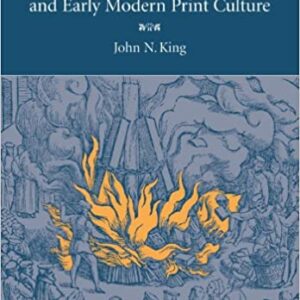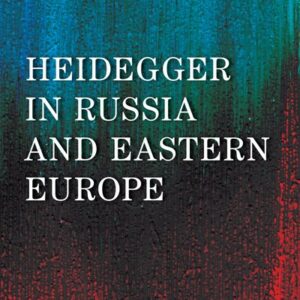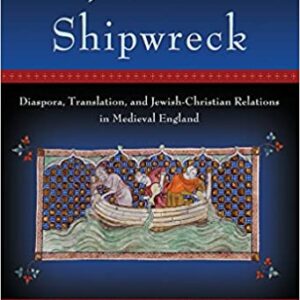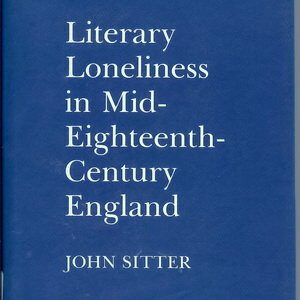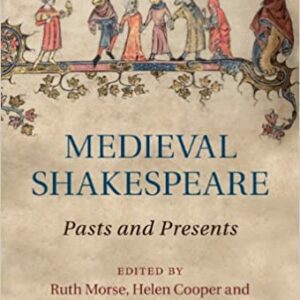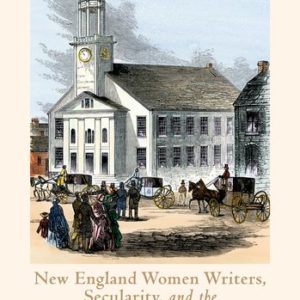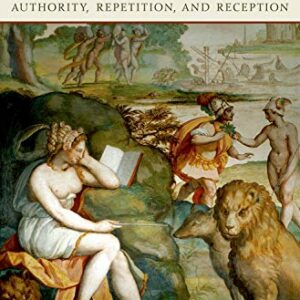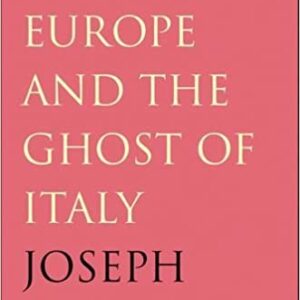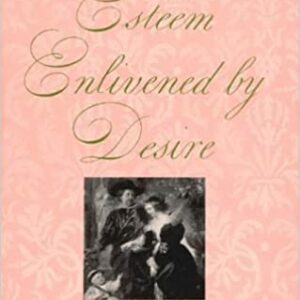
Esteem Enlivened by Desire: The Couple from Homer to Shakespeare
By Jean H. Hagstrum (NHC Fellow, 1985–86; 1986–87) A magisterial book by one of our most distinguished literary historians, Esteem Enlivened by Desire illuminates (and celebrates) the ideal of lasting love from antiquity to the high Renaissance. Love that leads to marriage is a relatively recent "invention," or so critics and historians often say. But in this … Continued
